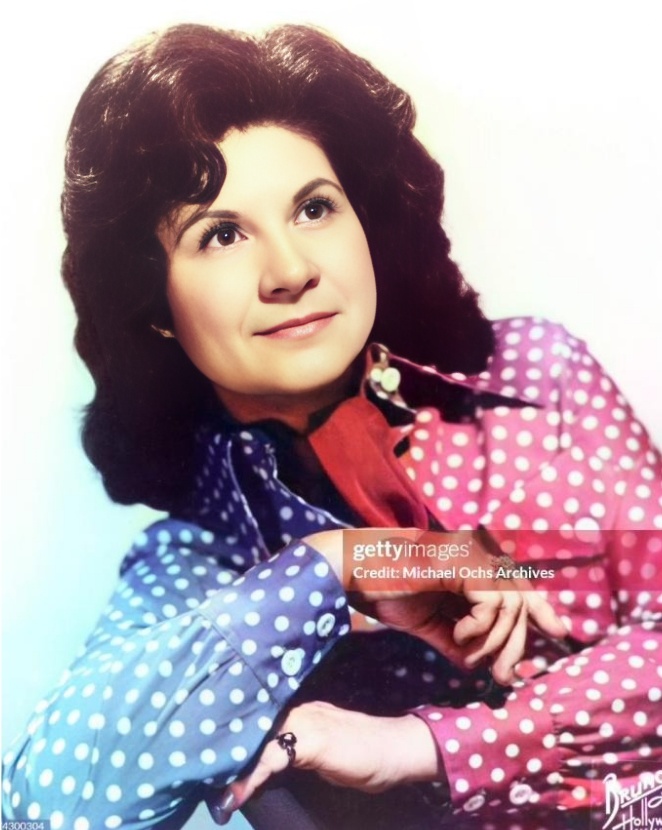
In 1952, Kitty Wells, a name synonymous with pioneering women in country music, shattered the glass ceiling with her controversial yet profoundly influential hit, “It Wasn’t God Who Made Honky Tonk Angels.” Born Ellen Muriel Deason, Kitty Wells defied societal expectations and carved a space for women in a genre largely dominated by men. While she had recorded prior to this, it was “Honky Tonk Angels” that propelled her to stardom, earning her the moniker “Queen of Country Music.” Although awards were less prevalent during that era, the song’s impact on the music charts was undeniable. It became the first song by a solo female artist to reach number one on the Billboard country chart, proving that female voices could resonate just as powerfully as their male counterparts.
“It Wasn’t God Who Made Honky Tonk Angels” served as a direct response to Hank Thompson’s “The Wild Side of Life,” which blamed women for the temptations of honky tonks. Wells’ song offered a different perspective, arguing that broken-hearted women driven to honky tonks were often victims of unfaithful men. This resonated deeply with female listeners who felt misrepresented by the prevailing narratives in country music.
The song’s release sparked a whirlwind of controversy and acclaim. Some radio stations banned it, deeming it too suggestive and morally questionable. However, this censorship ironically fueled its popularity. Audiences, particularly women, embraced the song’s message of female empowerment and shared experience. It became an anthem for those who felt wronged by societal expectations and male infidelity. “It Wasn’t God Who Made Honky Tonk Angels” was more than just a song; it was a cultural turning point that paved the way for future generations of female country singers, proving that women could be strong, independent voices in a male-dominated industry.